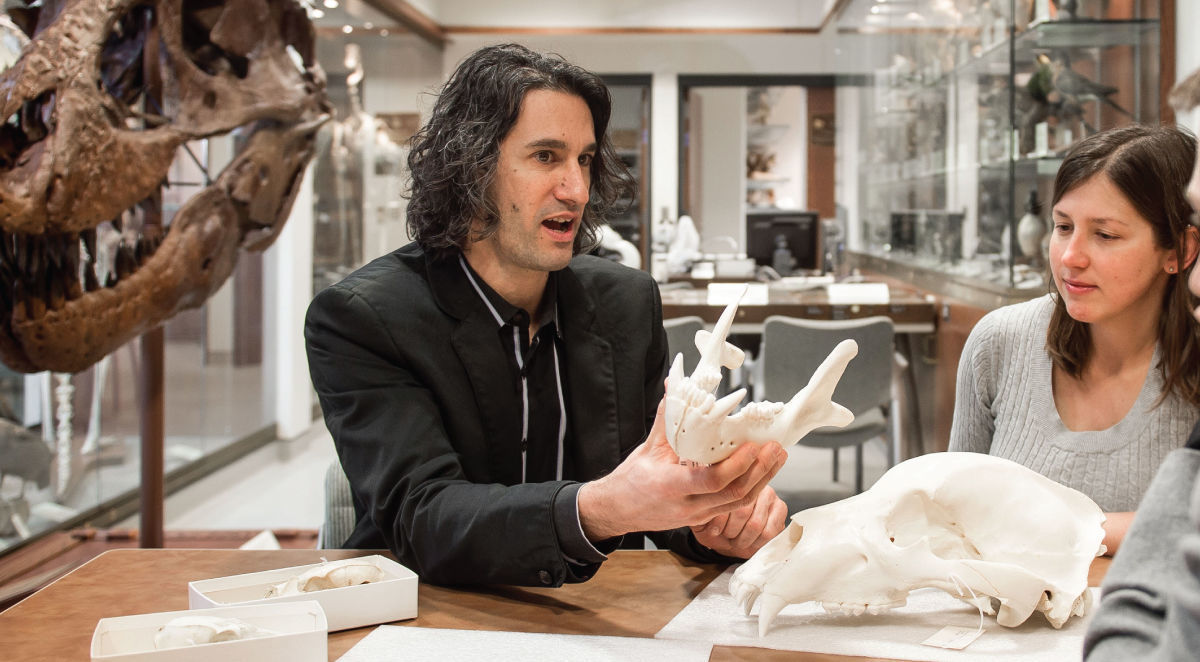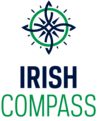Museums & Cultural Centers

Museums & Cultural Centers
From aquariums to art museums, botanical gardens to battlefields, children’s museums to cultural heritage centers, museums are diverse and engaging, capturing the attention of millions of visitors each year. It takes many, many people to run a museum. Whether they’re managed by volunteers or operated by large staffs, run by government, universities, nonprofits or for-profits, museums have something to offer everyone.
Job Title Examples:
Skills Needed:
- Collaboration
- Communication
- Organizational management
- Educational mindset
- Critical Thinking
- Problem Solving
Find Opportunities

Using IrishCompass, LinkedIn, and ND’s alumni association directory called myND is the best way to start on the networking front. Building relationships and networking is a key factor when it comes to finding out about opportunities in this sector as well. Stay in touch with ND alumni groups in whatever city you’re pursuing a career in. These connections will most likely help you find potential opportunities.
Job Databases:
- Job/Internship Listings on the AAM
- Museum Jobs from the Museum Hack Team
- Career Shift - - search for jobs, use “advanced search” Job Type to narrow to internships; use specific key words
- UCAN - Internships posted by 15 colleges/universities
- LinkedIn Job and Internship search
Industry Timeline
Museums rarely recruit on campuses and almost never attend career fairs. Internships are posted anywhere from early spring to quite late in the spring. Job postings as well are most often posted three to six weeks in advance of the position start date. Larger museums with a robust internship program, such as the Smithsonian, will usually post much earlier in the spring. This is a just-in-time hiring industry. Begin developing important connections within the field a couple years in advance of when you would like to land a full-time position. You will need the eyes and ears and support of people working in this field to find your opportunity.
Applying and Interviewing
Resumes
Museums, like other public interest organizations, want to see your interest in cultural education as well as the hard skills for the position to which you are applying. Highlight in the upper 50% of your resume any volunteer, student club activity, or internship you have had related to public cultural education or the topic of the Museum's focus.
Your resume will often be the first impression for a potential employer. You want to make sure that your resume is concise, direct, and specific. Ensure that your resume is tailored for the position and for the industry. Highlighting relevant coursework can demonstrate your fit for a particular position. Review our guide on resumes for more information on how to construct one.
Cover Letters
A cover letter introduces you to a potential employer. Use the position description to make specific connections between your skills and experience and what the organization is looking for in a candidate. The cover letter should be concise and well-written—if a potential employer reads your cover letter and is intrigued, they will then read your resume. Your cover letter should not repeat your resume verbatim, but enhance it. Together the cover letter and resume can help land you an interview. Review our guide on cover letters for more information on how to construct one.
Interviewing
Most interviews will contain a mixture of resume based questions (questions about your past experience) and behavioral based questions (your ability to handle prospective situations at work. Most positions will begin with an interview that has a mix of these questions. Review our guide on common interview questions.
Preparation is extremely important for interviews. Research the company/organization, current and previous projects they’ve worked on, and even the people that you’re interviewing with. This will not only help provide talking points but will show your knowledge and genuine interest in the position. Utilize our resources on how to best prepare yourself to excel in your interview.
Online Resources
Explore:
- Museum and Cultural Center Jobs (Vault)
- Careers in Museums (College Grad)
- Ten Top Jobs in Art Museums
Professional Associations:
- American Alliance of Museums
- Museum Computer Network - Advancing Digital Transformation in Museums
- Association of Children's Museums
- International Council of Museums
- American Association of State and Local History
- Association of Science-Technology Centers
- The College Art Association
- Professional Museum Organizations (Tufts)
Blog/Podcasts:
- Recommended Resources for Museum Professionals
- American Alliance of Museums - Managing your Career
- Museum Hack Blog
- National Gallery of Art Podcast
- British Museum Podcast
Campus Resources
Career Counselor:

Anita Rees
Assistant Director | PreLaw, Government, Public Policy, Non-profits
Schedule an Appointment
Student Clubs:
Employer Examples:
- Snite Museum of Art
- Art Institute of Chicago
- Van Cortlandt House Museum
- Tate Modern
- Philadelphia Museum of Art
- The Smithsonian
Join Handshake:
Personalize your feed, explore your curiosities, and get updates that matter to you. Handshake is a dynamic system that works to match students with the most relevant resources and opportunities offered by our office including:
- Access to personalized job recommendations – This is based on major, career interests, and profile information such as skills and experiences. When students fill out their profile, they’ll be able to see jobs and internships that match their interests and skills.
- Ability to schedule one–on-one counseling appointments – Counseling appointments are able to be scheduled through Handshake and held virtually via Zoom.
- Ability to Interact with employers – Students can research contact information for local and national employers. Employers can also message students with opportunities and information.
- Connect with students across the country - Students can interact with their peers through messaging, get tips and advice, as well as network.
- Search for and apply to open positions - On Handshake, students can see jobs and internships posted specifically for them as well as employers actively recruiting from Notre Dame.